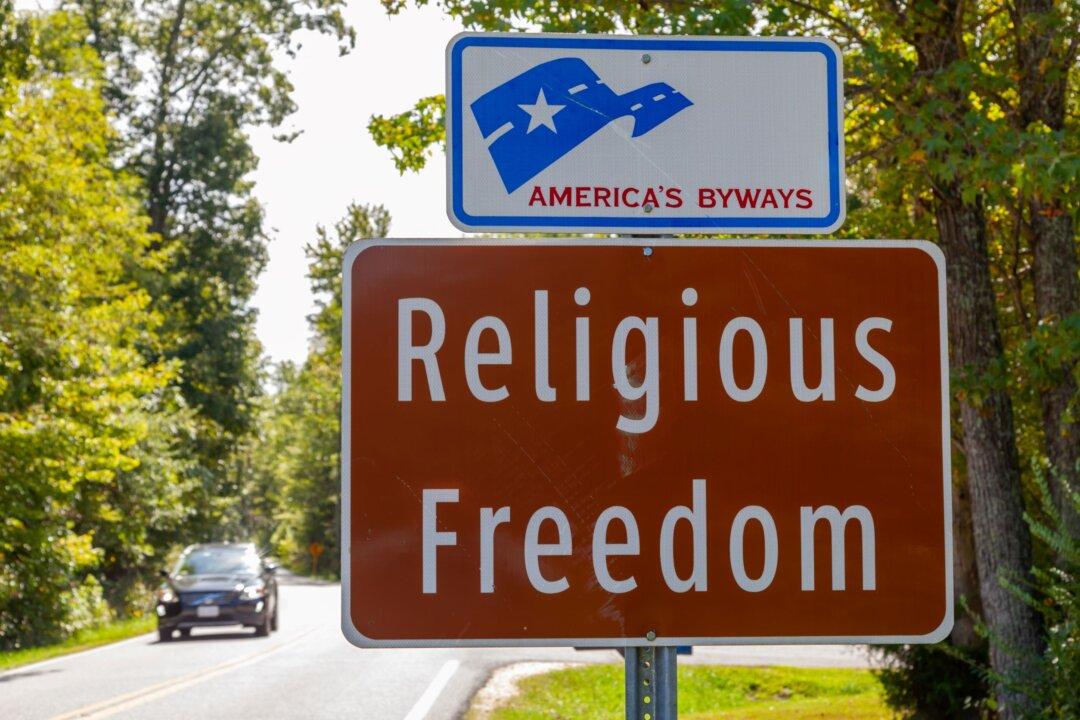The Biden administration has proposed changing a Trump-era rule that would suspend federal funding to colleges that impede the activities of religious organizations on campus.
In an announcement on Tuesday, a U.S. Department of Education (DOE) official called the regulation “unduly burdensome” and issued a Notice of Proposed Rulemaking.





